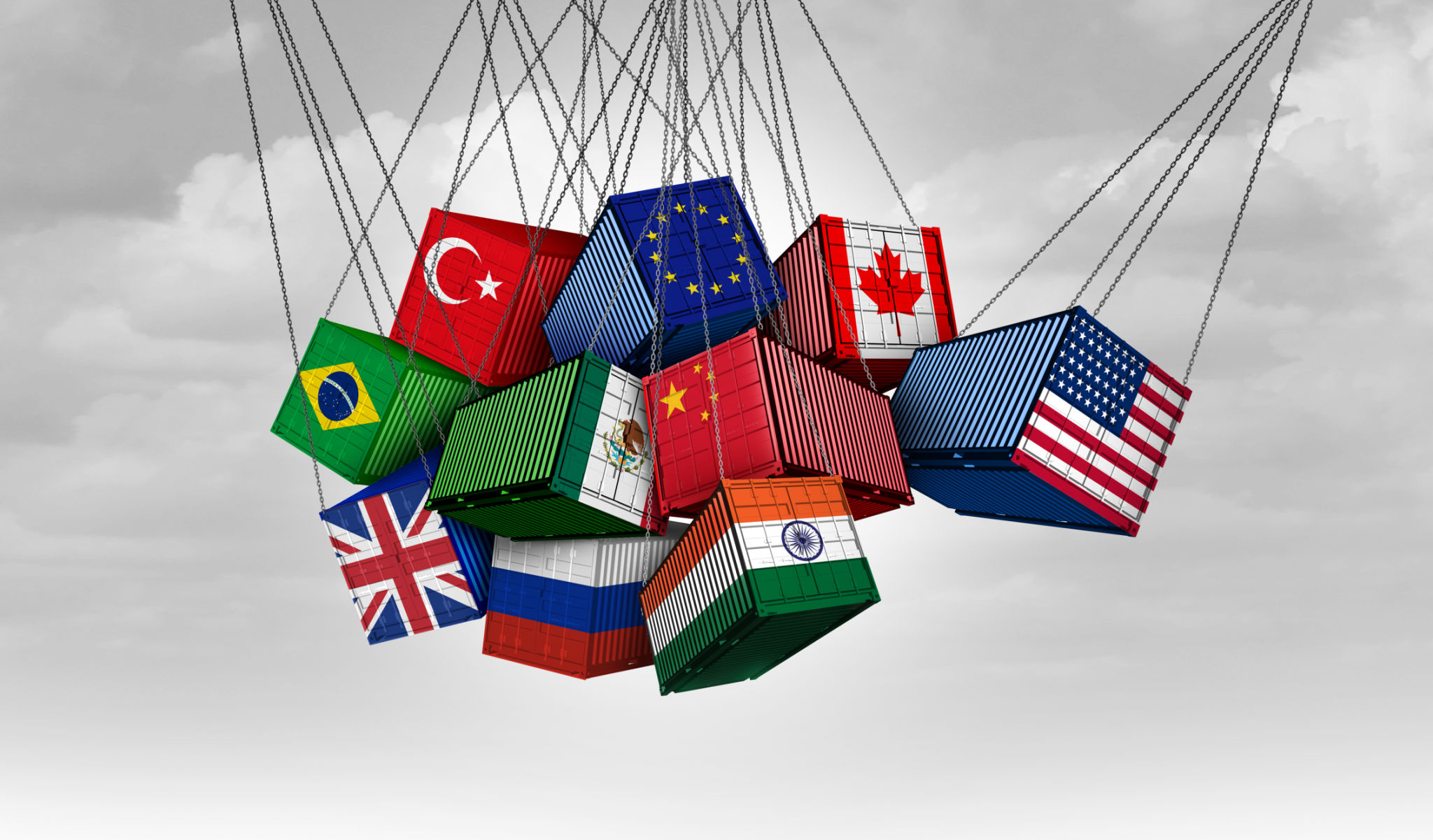Partnering with Certified Translators: What to Look For
UR
Understanding the Importance of Certified Translators
In today's globalized world, businesses and individuals alike often find themselves in need of high-quality translation services. Whether it's for legal documents, marketing materials, or technical manuals, the accuracy and professionalism of the translation can make a significant difference. This is where partnering with certified translators becomes crucial. Certified translators not only ensure linguistic accuracy but also understand the cultural nuances that can impact the effectiveness of the translation.
Certified translators have undergone rigorous training and testing to achieve their credentials. This means they possess not just language proficiency but also a deep understanding of the specific terminology and context required for various types of documents. This article explores what you should look for when partnering with certified translators to ensure your translation needs are met with precision and expertise.

Key Qualifications to Consider
Certification and Credentials
First and foremost, it's essential to verify that the translator holds a valid certification from a recognized professional body. Organizations such as the American Translators Association (ATA) or the Chartered Institute of Linguists (CIOL) are well-regarded in the industry. These certifications indicate that the translator has passed comprehensive tests and adheres to strict ethical standards.
Experience in Your Industry
While certification is important, it's equally crucial to find a translator who has experience in your specific industry. Different fields have unique terminologies and jargon. A translator with experience in legal, medical, or technical fields, for example, will be more adept at translating documents that require specific knowledge of those areas.

The Role of Cultural Competence
Cultural Sensitivity
A certified translator should also possess cultural competence. Language is deeply intertwined with culture, and a translation that ignores cultural nuances can lead to misunderstandings or even offend the target audience. Ensure that your translator understands not just the language but also the cultural context of both the source and target languages.
Localization Skills
Localization goes beyond simple translation; it involves adapting content to fit the cultural and regional characteristics of a specific audience. This might include changing idioms, units of measurement, or even visual elements to better resonate with local users. A skilled translator will be able to provide insights into these adaptations, ensuring your message is both accurate and effective.

Technological Proficiency and Tools
In today's digital age, a proficient translator should also be familiar with translation technology and tools. Computer-assisted translation (CAT) tools can help ensure consistency across large projects by using translation memory and glossaries. These tools not only enhance efficiency but also improve the quality of the translation by reducing human error.
Moreover, ask about their familiarity with content management systems if your project involves digital content. A translator who is comfortable with technology will be able to integrate seamlessly into your existing workflows, ensuring a smooth translation process.
Evaluating Communication Skills
The ability to communicate effectively with your translator is paramount. They should be responsive, willing to discuss your project needs in detail, and able to provide clear explanations of their approach. Strong communication skills contribute to a collaborative relationship, ensuring that any questions or concerns are promptly addressed.
Partnering with a certified translator can significantly enhance the quality and impact of your translated materials. By considering their qualifications, industry experience, cultural competence, technological proficiency, and communication skills, you can ensure that you choose the best professional for your needs. This strategic partnership will help you navigate linguistic challenges with confidence and achieve your global communication goals.